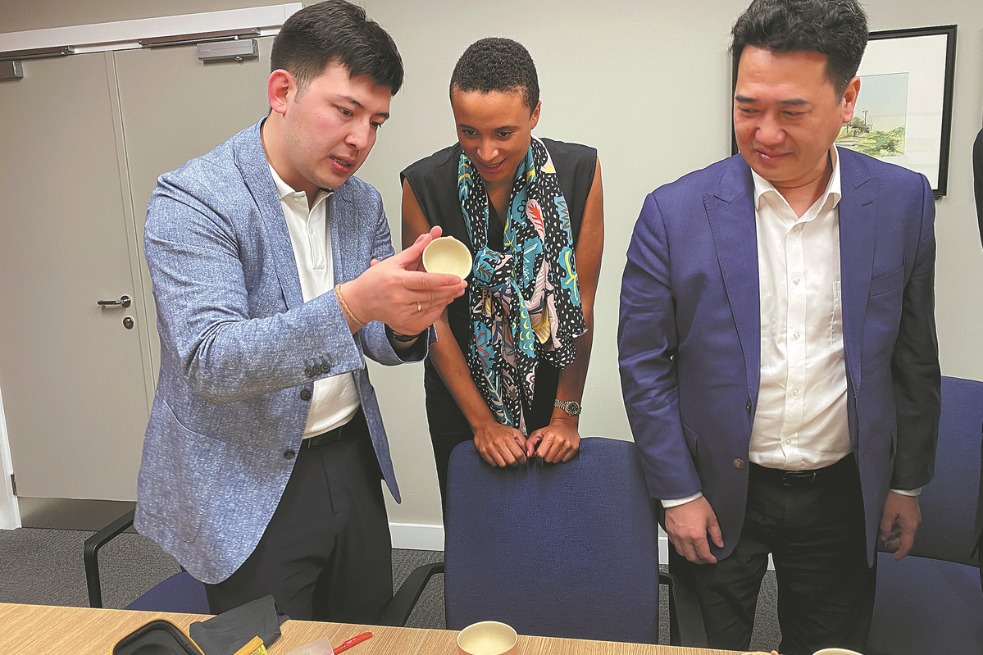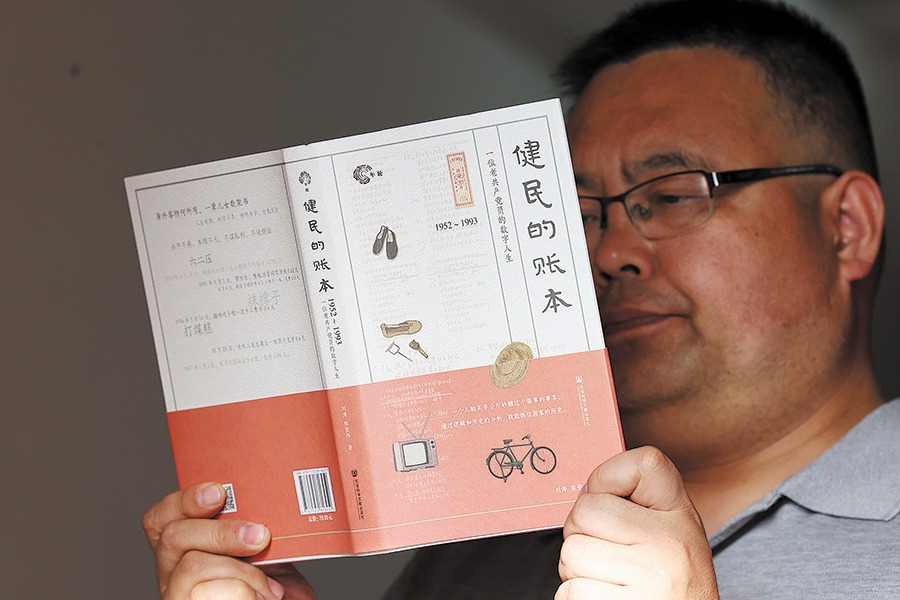Chinese scientists prove early insulin therapy effective for type 2 diabetes

HEFEI -- Chinese scientists have demonstrated the effectiveness of early insulin therapy for newly diagnosed patients with type 2 diabetes (T2D), which can reduce the risks of stroke and hospitalization due to heart failure compared to those who have not received the treatment.
A joint research team led by Professor Weng Jianping from Anhui Medical University, and scientists from the University of Science and Technology of China, Southern Medical University, and Peking University, conducted a 24-year observational study on the treatment of 5,424 T2D patients across the country.
They found that newly diagnosed T2D patients who underwent the therapy experienced a 31 percent reduced risk of stroke and a 28 percent lower risk of hospitalization due to heart failure.
This study further demonstrates the effectiveness of early insulin therapy in improving biomarkers related to low-grade inflammation and endothelial function, which are known indicators of cardiovascular risk, in newly diagnosed T2D patients.
This provides compelling evidence for adopting early insulin therapy as a first-line treatment option for newly diagnosed patients.
The findings were published in the international journal of Signal Transduction and Targeted Therapy in early June.
- Shenzhou XVIII crew to conduct second extravehicular activities
- 'Steel camels' strengthen links between China, Kazakhstan
- Full Text of Chinese president's signed article in Kazakh media
- China Coast Guard monitors, controls illegal Philippine activity
- Xi hails uniqueness of China-Kazakhstan partnership
- Xi says ready to push for SCO's greater progress at Astana summit





































